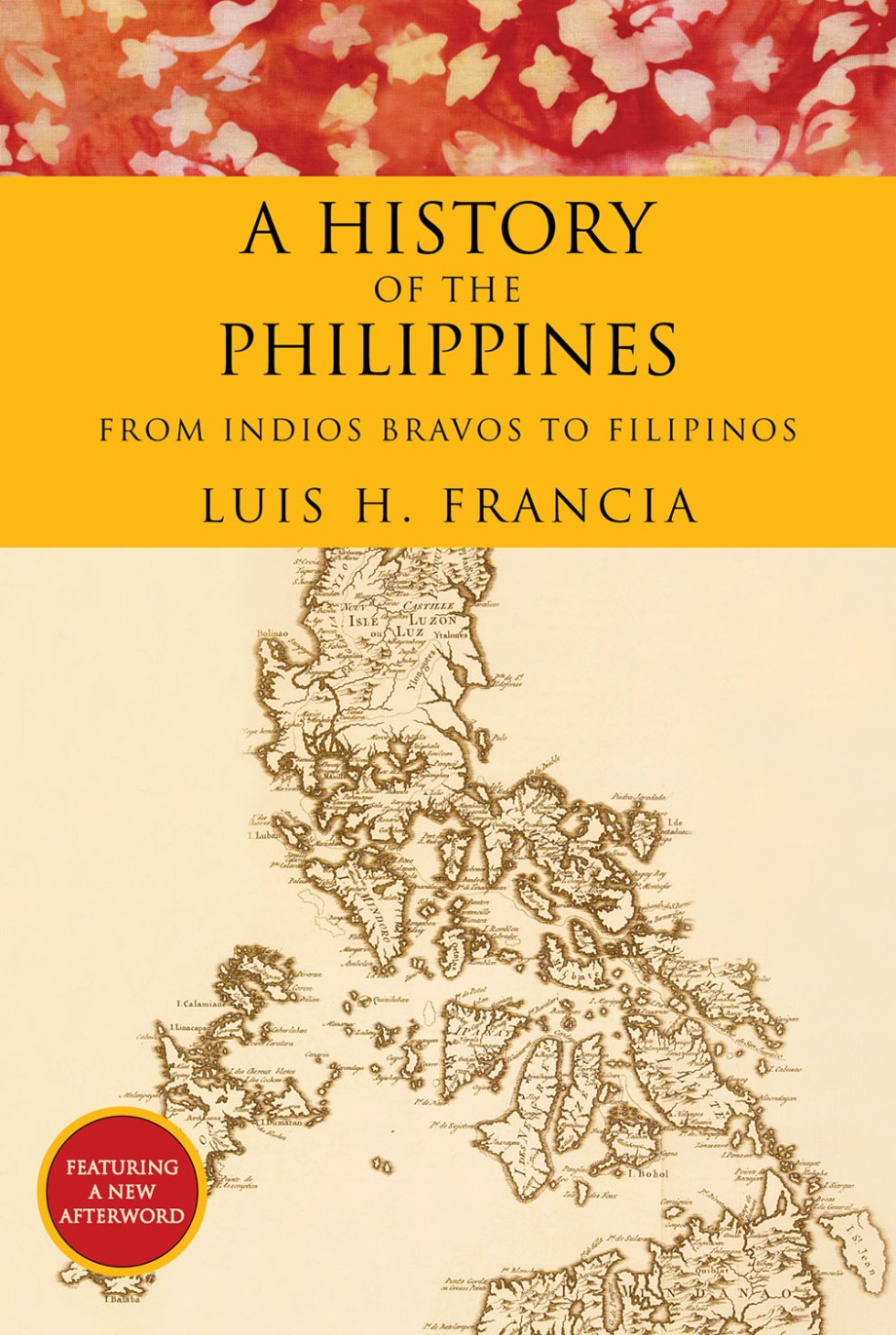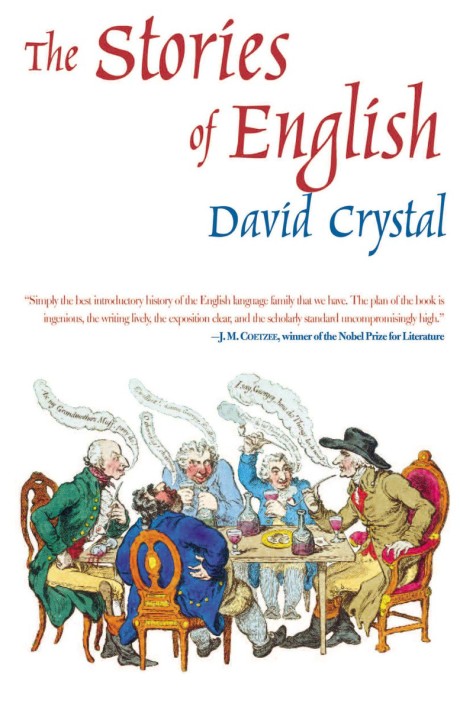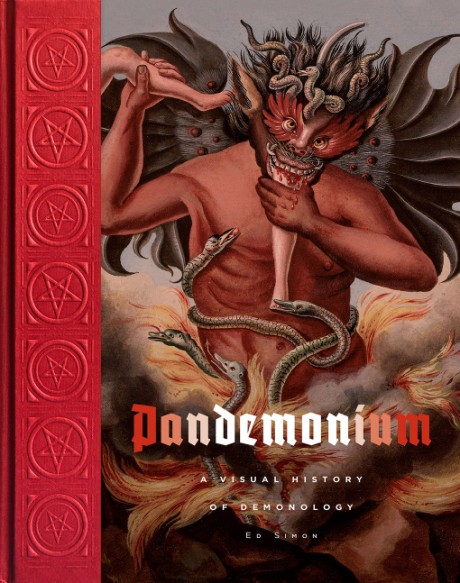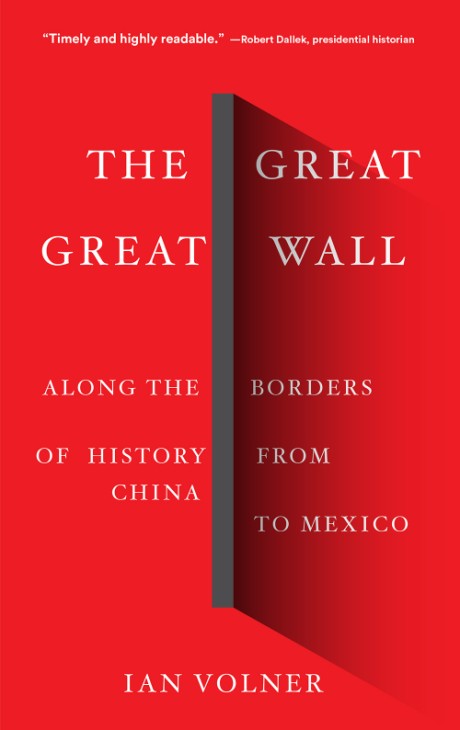A vivid, accessible chronicle of the Philippines—tracing conquest, resistance, and nationhood.
Spanning the archipelago's precolonial societies through centuries of Spanish rule and the American occupation to independence and contemporary life, Luis H. Francia's compelling history shows how a diverse people forged a modern national identity.
Written in clear, engaging prose, it illuminates the collisions of empire, faith, trade, and culture that shaped the Philippines—and the voices of Filipinos who challenged subjugation and imagined freedom.
Bringing into focus independence movements, wars and occupations, and the tensions between center and periphery, the narrative reveals how colonial legacies persist in politics, language, land, and law. It also explores the role of regions and religions—from Luzon to Mindanao, Catholicism to Islam—alongside the rise of cities, labor and migration, and the enduring imprint of the diaspora.
Attentive to both headline events and everyday lives, the book connects the heroism of revolutionaries with the experiences of farmers, workers, artists, and overseas Filipinos. Readers see how nationalism evolved from the Propaganda Movement to People Power—and how the country continues to wrestle with inequality, corruption, and the promises of democracy.
Insightful and deeply researched, this is an essential, highly readable introduction for general readers, students, and anyone seeking to understand the Philippines within Southeast Asia and the wider world.









